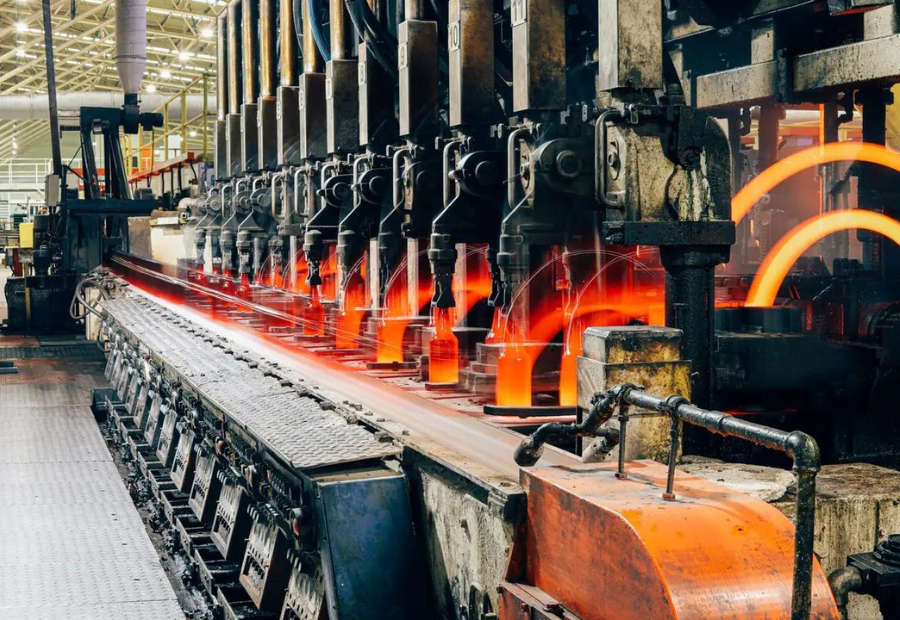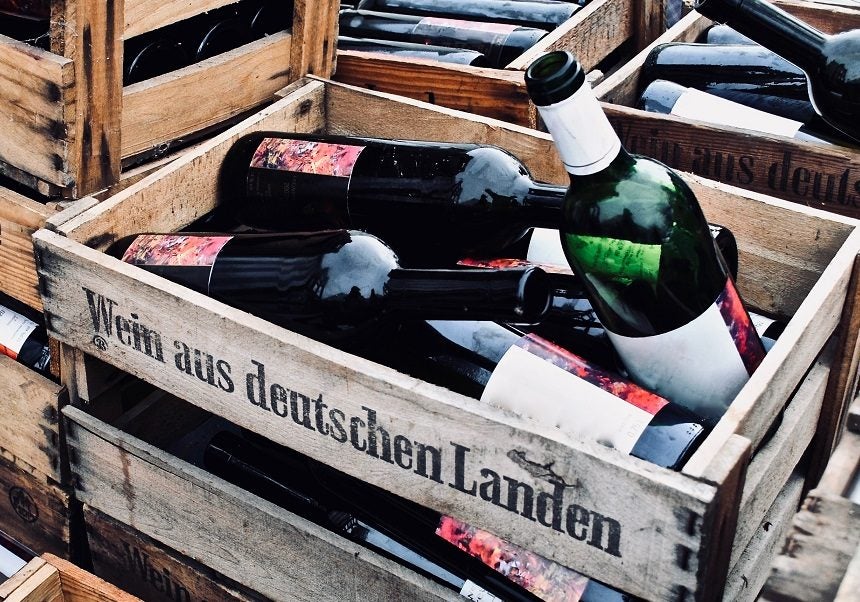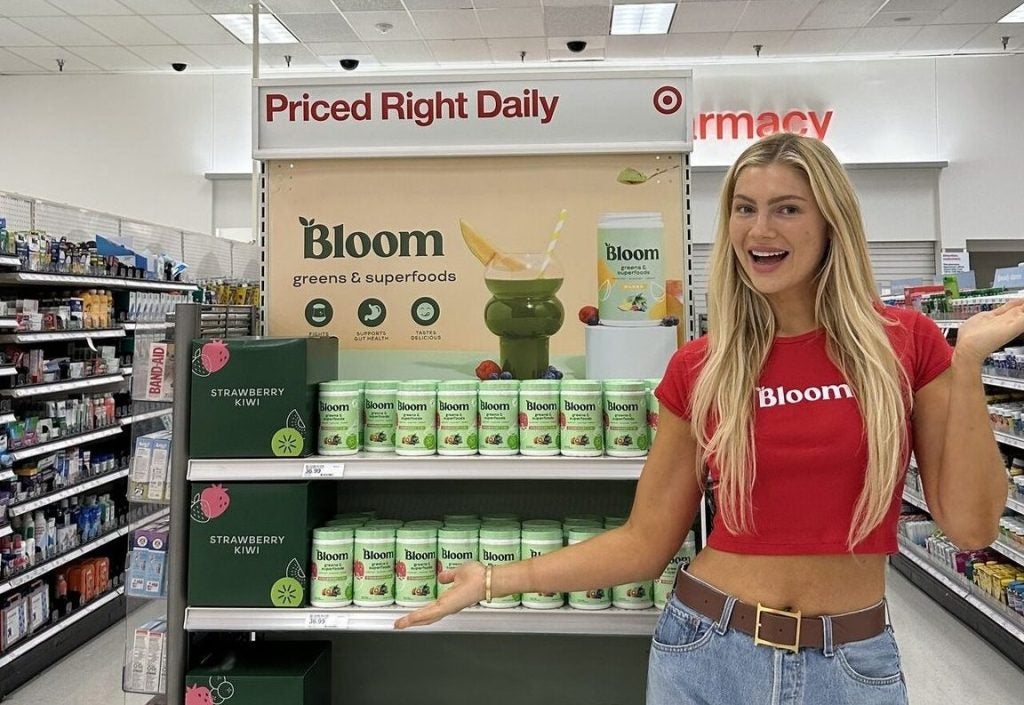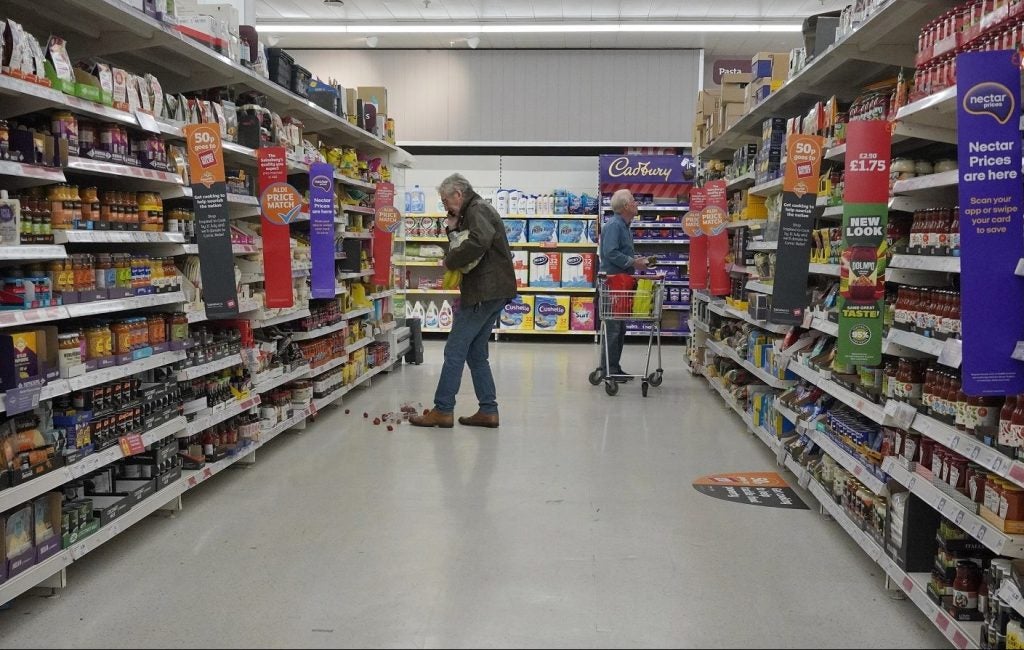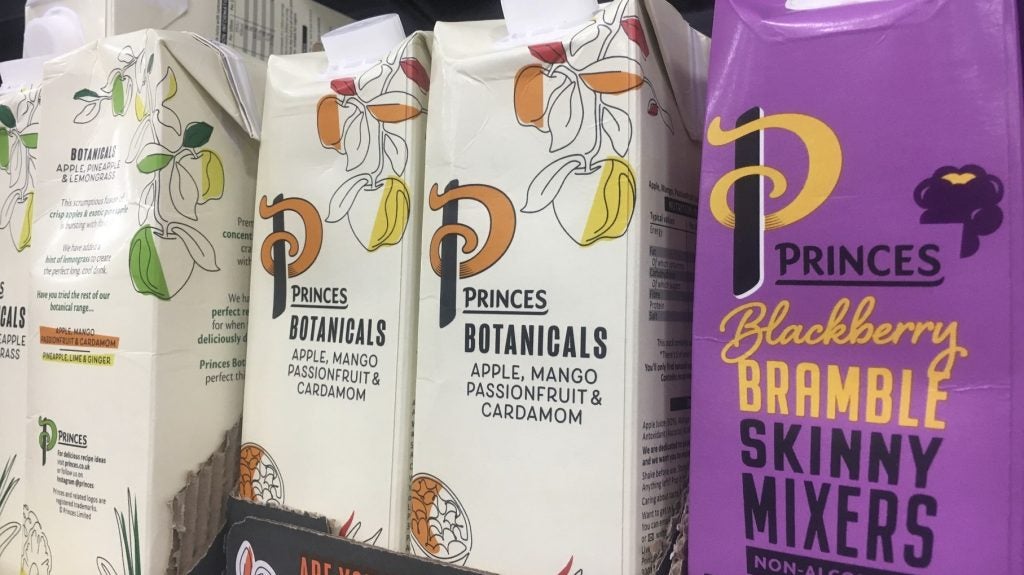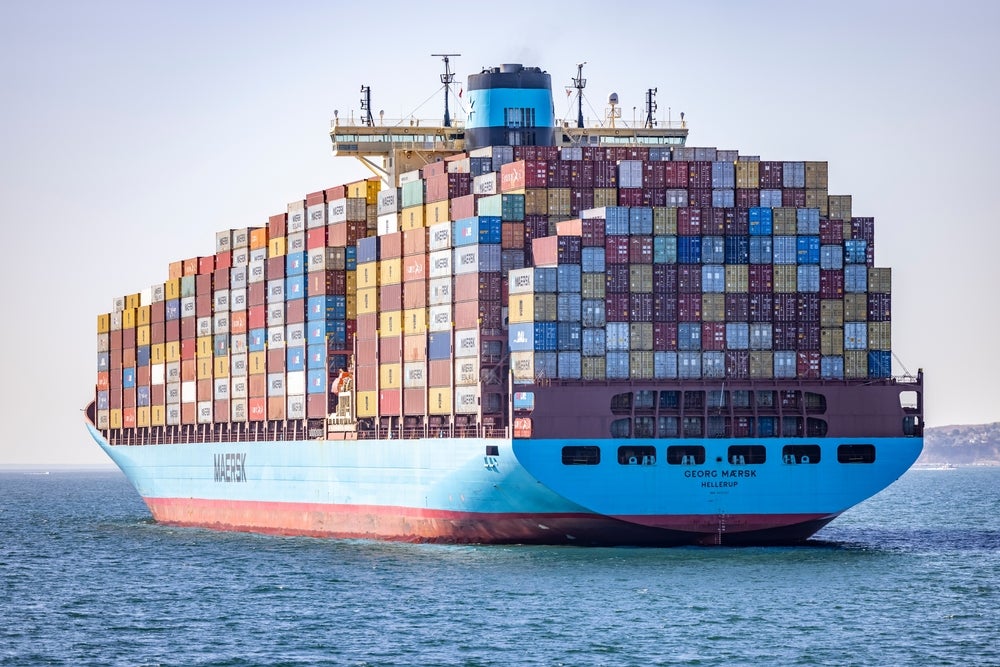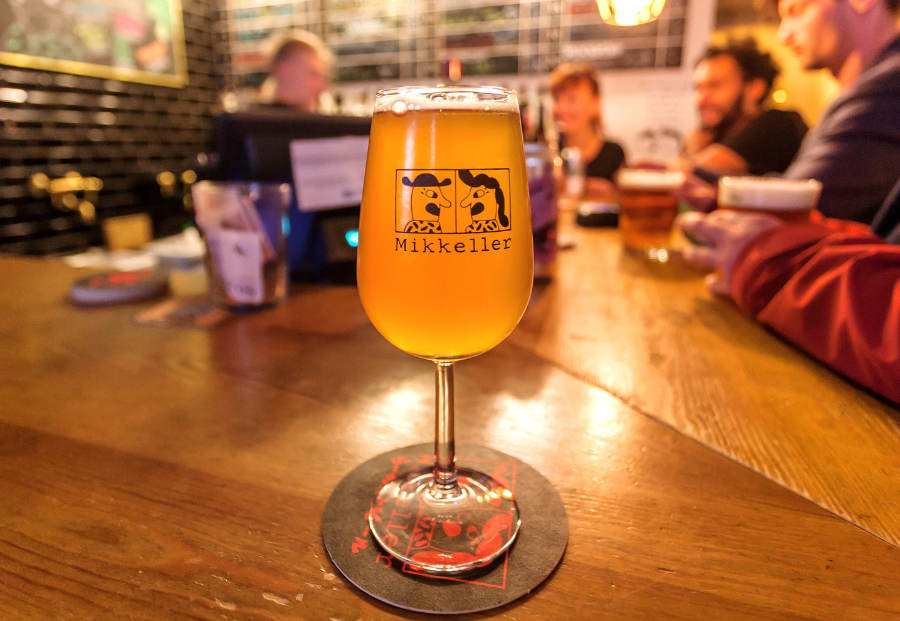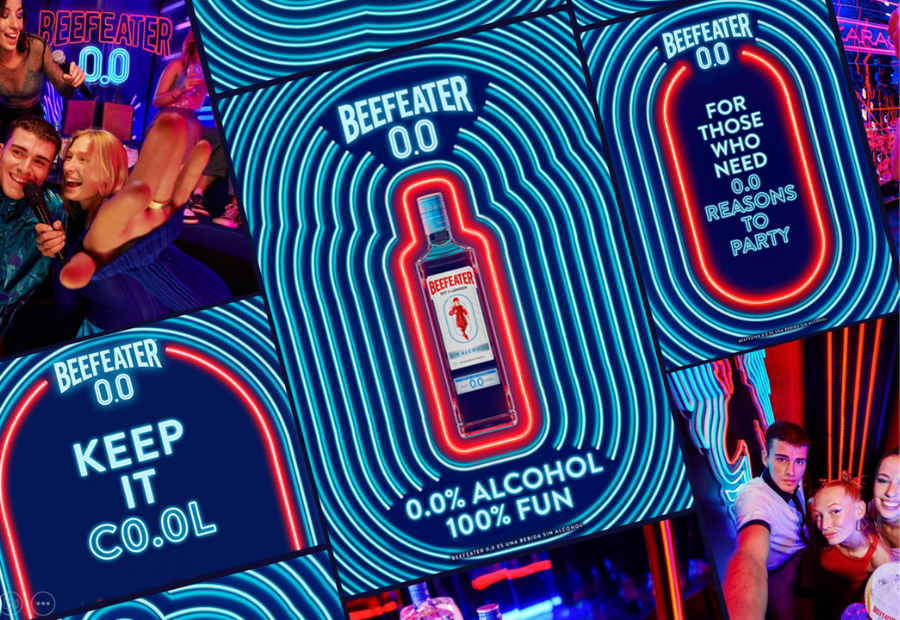Diageo is providing seed funding to R&D non-profit Glass Futures to aid its expansion into North America and India.
Glass Futures’ research focuses on how to lower the carbon emissions from glass melting, refining and packaging.
The UK-based outfit, set up in 2016, will use the funding to establish an international team to “further outreach” in North America and India, Hallam Wheatley, collaboration lead at Glass Futures, said.
Diageo does not own a share of Glass Futures and has not disclosed the level of its seed funding investment.
The Smirnoff vodka brand owner has joined Glass Futures as its first “strategic membership” level. That gives the R&D organisation’s members access to its pilots and facilities each year in St Helens in north-west England.
Diageo has worked with Glass Futures in the past. In 2021, teaming up with glass packaging manufacturer Encirc, they carried out a trial of a waste-based biofuel to power furnaces that were used to create glass bottles for Diageo’s Black & White Scotch whisky brand. Diageo noted that this reduced the carbon footprint of the bottles by 90%.
“We’ve taken the learnings from the trial and implemented this into other biofuel projects across the company. We’ve installed biomass boilers in Kenya and Uganda for our Tusker and Senator beers,” a spokesperson for Diageo told Just Drinks today (17 January).
Last year, the non-profit received £7m ($8.8) in funding from the UK government's Department for Energy, Security and Net Zero.
Glass Futures told Just Drinks today that the government funding “will allow us to demonstrate the viability of low carbon fuels such as low-cost biofuels, hydrogen and electricity at our pilot plant in St Helens”.
A number of major distillers are engaged in efforts to reduce the carbon emissions from glass production.
Past December, Bacardi completed a pilot trial of a production run of a spirit bottle manufactured using a hydrogen-powered glass furnace. Bacardi produced 150,000 St-Germain bottles using the hydrogen furnace, reducing greenhouse gas emissions by at least 30%.
In 2022, Pernod Ricard’s Absolut vodka business signed a deal with packaging supplier Ardagh Group to use its partially hydrogen-fired furnace. A fifth of the furnace’s energy comes from green hydrogen that is produced onsite using renewable electricity.


